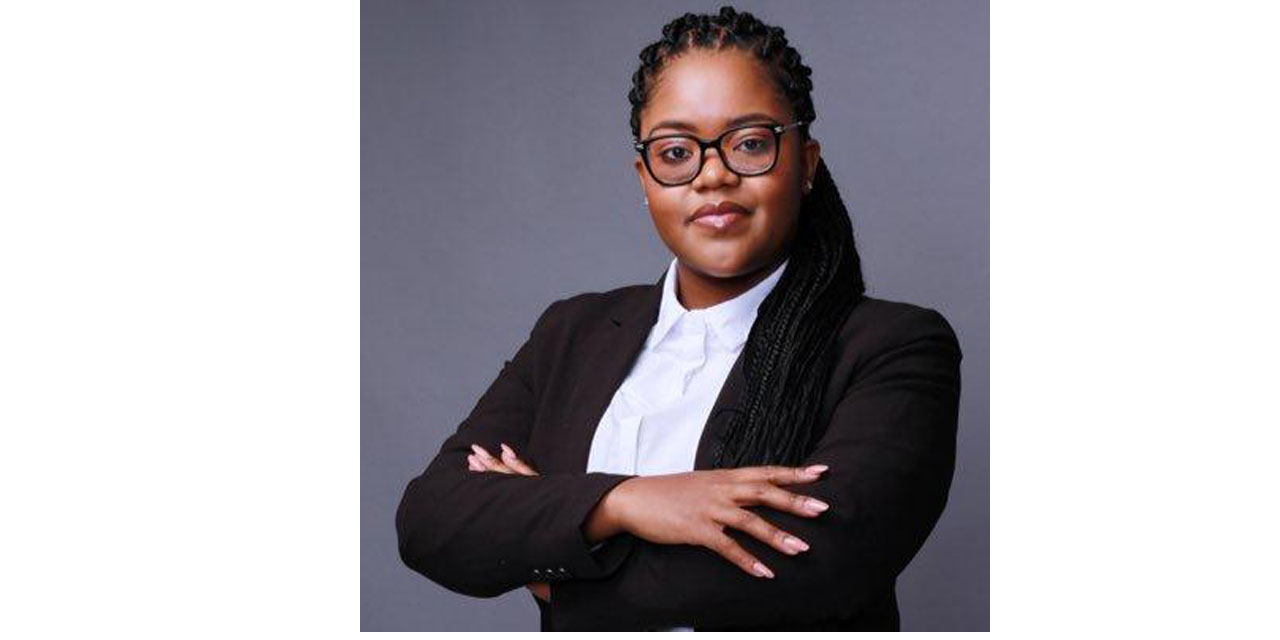Staff Writer
The Namibia National Students Organisation (NANSO) has called upon all Namibians to recommit themselves to supporting the Ministry of Education’s efforts in delivering quality education.
NANSO President Lucia Ndishishi at a press conference yesterday said the results are a reflection of country’s collective effort, and their improvement will still require collective effort.
“NANSO insofar as the 2022 NSSCAS and NSSCO results are concerned, we wish to recognise that education is not a singular event, nor is it a responsibility of one entity or person. Instead, it is a public good that is guaranteed to all, by all, and, thus, a social process that can and, indeed, should not only exist within classrooms, but also across a multitude of sites, and at unconventional times,” she said.
This comes after 38,019 candidates who wrote the NSSCO examinations, only 5,812 qualify to enrol at institutions of higher learning, or that 8,133 qualify to proceed to NSSCAS level.
Ndishishi acknowledged that, “we must in no uncertain terms concede that we are sitting in the middle of a crisis; on top of a pot that, without concerted and serious attention, will boil over.”
On the way forward, she noted that the magnitude of this matter cannot be overstated, nor can it be ignored by the highest levels of government.
As a result nanso expects and, in the strongest terms, urge Cabinet, particularly through the Office of the Prime Minister, to convene a high-level technical and intervening committee, which must be tasked with Government’s overall response to the matter.
“We do not want more educational conferences or workshops; we have had enough that provide an adequate outlook of the issues, and what needs to be done about them. What we need is a strong and diverse technical committee constituted of Government, educationalists, teachers’ union representatives, independent policy advisors and NANSO,” she said.
This Committee will be expected to provide clear and urgent direction on accounting of the significant reduction in the number of candidates who sat for the NSSCO examination in 2022.
The retention of the near-30,000 candidates who will not progress in the formal schooling system; most of whom are from low-income households and, thus, unable to enrol in private colleges.
Furthermore, the implementation of the revised curriculum, the gaps and deficits experienced thus far, and the proposed Response Plan (for immediateimplementation); and
The reluctance of state-owned institutions of higher learning,particularly the University of Namibia and the Namibia University of Science and Technology (NUST) to enrol NSSCO candidates who qualify for certain courses, but do not qualify to progress to AS Level.
” It can no longer be a norm that institutions, agencies and arms of Government work in silos, while there is massive potential for transformation when they join efforts. And there is no reason why we cannot start now, right here, in this crisis.There is an urgent need to facilitate a nationwide and extensive awareness campaign on the new curriculum. In our consultations with learners, teachers and guardians across the country, it has become clear that whatever efforts have been invested into ensuring that Namibians understand how the new curriculum works have been inadequate. Instead, many remain confused regarding the requirements to progress to NSSCAS, what options are available to those who do not or cannot progress to NSSCAS and so forth,” said the nanso president.
To this end, they call on the Ministry to immediately design through smart and innovative partnerships a mass media campaign to fill the information deficits that exist, in as many local languages as practically possible.
“As the custodian of learners’ voices in the country, we are acutely aware of the capacity deficits that exist in the teaching of the revised national curriculum. We demand that, in order to ensure the successful implementation of, especially, the NSSCAS curriculum, the Ministry, must ensure that practicing teachers are capacitated with the skills required to effectively deliver the revised curriculum and its subject content. Further, institutions of higher learning must ensure that all teachers-in-training leave universities with the required skills and depth-of-understanding. Again, here we advise the use of smart and innovative partnerships between the various institutions and stakeholders,” she explained.




